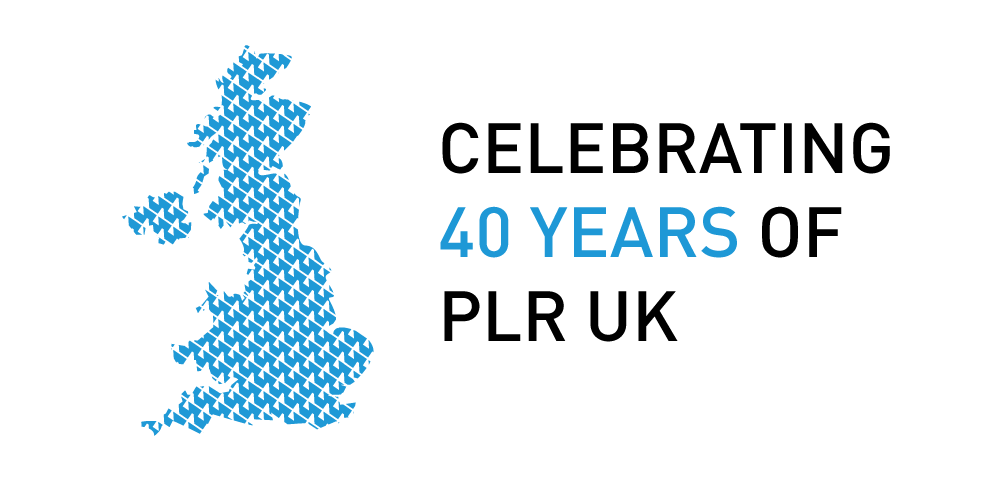
Celebrating 40 years of PLR
2019 marks the 40th anniversary of the Public Lending Right (PLR) scheme. Maureen Duffy, author, campaigner and Honorary President of ALCS recalls how PLR came into being and celebrates its continued importance for writers, four decades on.
It was 1972 when the Arts Council, in response to a long campaign by John Brophy, AP Herbert and others for a PLR scheme as enjoyed by writers in Germany and the Scandinavian countries, came up with the plan to raise a levy on books bought by libraries which would then be paid to publishers to pass on in part to their authors. Five of us – Lettice Cooper, Francis King, Michael Levey, Brigid Brophy and I – immediately rejected this idea, and began to work on a different scheme where the money would come from central government through the education or arts budgets. This was because we knew that libraries would strongly oppose any scheme which threatened their book funds.
We also had to devise a cost-effective way of collecting data about book lending through a good sample and a central organisation. The scheme we came up with needed Parliament to endorse it and after several attempts by supportive members at private members’ bills – and with the help of Michael Foot, Lord Ted Willis and a TUC motion – we eventually got the necessary legislation after seven years of campaigning for PLR on behalf of the Writers Action Group.
PLR, originally run through the PLR office and Registrar, and now overseen by the British Library, gives authors a small payment for every book lent. Although the returns to most writers are small, it is an encouragement to keep writing when you can see that your books are still being read. The hope now is to spread the PLR principle worldwide, and to promote cultural diversity in the face of creeping homogenisation.
In the UK, books must be registered with the PLR system to make the complex ‘payment by loan’ scheme possible, and this now also includes ebooks and audiobook titles. There is also £6,000 cap on what any one writer can take from the fund to prevent the most popular authors from scooping the pool. But elsewhere PLR can be tailored differently according to a country’s needs. Some countries choose to pay for work that’s been written in indigenous languages, some according to a residency qualification, and others use the PLR money to fund grants and bursaries.
Malawi is set to be the first African state to implement PLR. It has been included as a right in the country’s new copyright act, and its government has agreed to provide the funding. Meanwhile Dr Jim Parker, Co-ordinator of PLR International, formerly UK PLR registrar, continues to travel from country to country advising on the practicalities of running a country’s chosen scheme.
Fortunately for UK writers, and thanks to all those who fought so hard for it 40 years ago, PLR is in no danger from Brexit since our scheme isn’t the result of an EU directive as it is in many other European countries but exists by virtue of its own freestanding act of parliament 40 years ago.
The deadline for registering your titles for PLR is 30 June 2019. We encourage all ALCS members to make sure that they have registered all eligible titles by this date.
